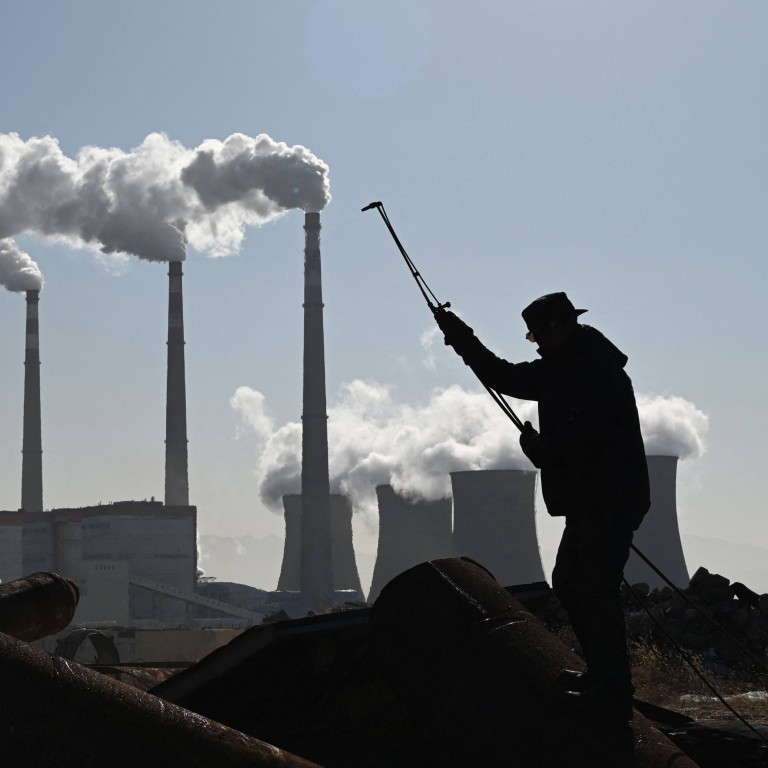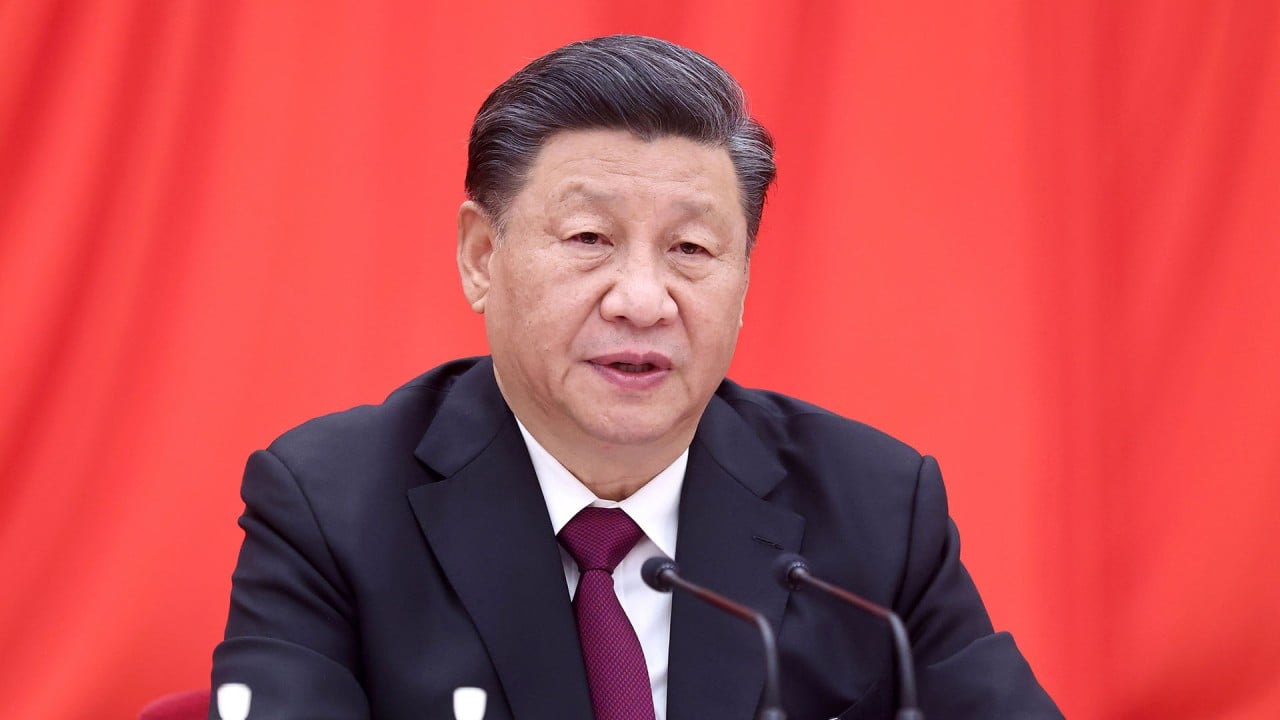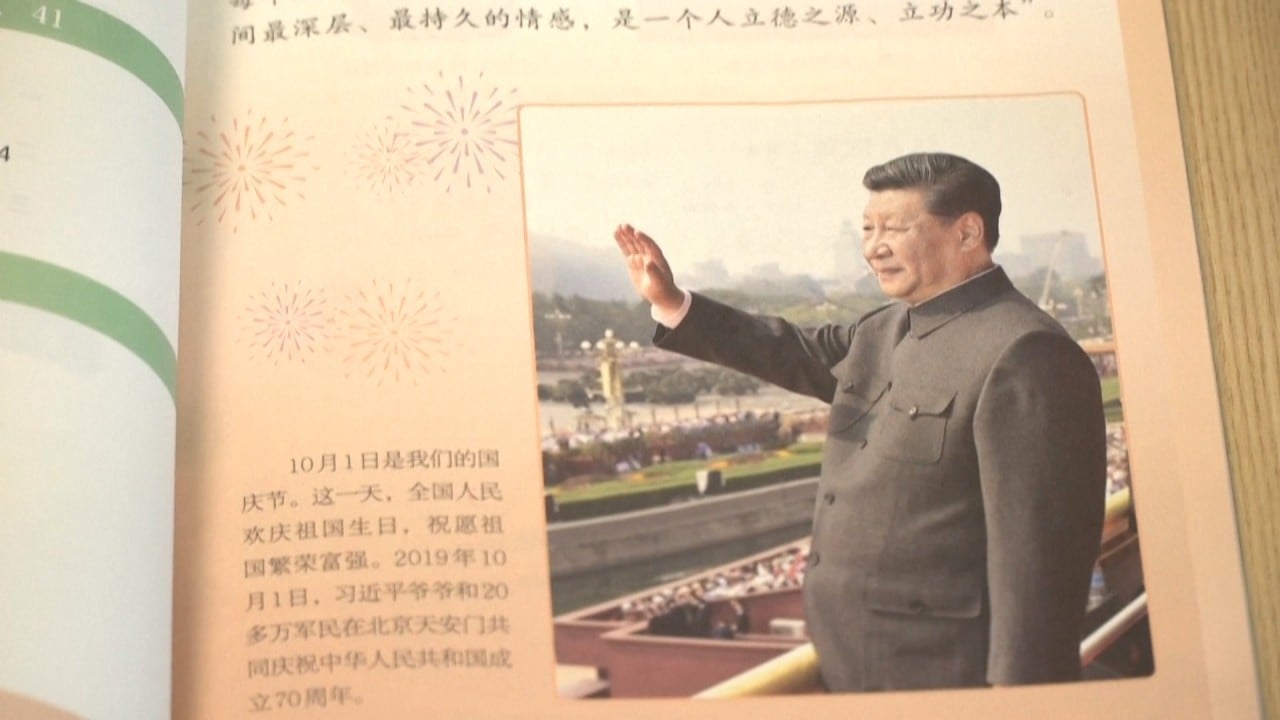
Xi Jinping says China must be ‘self-sufficient’ in energy, food and minerals amid global challenges
- China needs to establish a ‘strategic baseline’ for key primary commodities such as energy, grains and minerals, Xi Jinping says
- Resource shortages could turn into a ‘grey rhino’ risk – an obvious yet ignored threat – for the world’s No 2 economy, policymakers say
President Xi Jinping has said China must establish a “strategic baseline” to ensure self-sufficiency in key commodities, from energy to soybeans, as secure supply of primary products moves up the country’s long-term agenda.
At the central economic work conference last week, Beijing identified secure supply of primary goods such as agricultural products, minerals and energy as one of five “significant theoretical and practical issues” to prepare for amid the Covid-19 pandemic and changing international relations.
[We] should fortify the national strategic materials reserve system to secure minimum needs at critical moments
Establishing a “comprehensive conservation strategy” was also needed to prevent resource shortages, which could turn into a “grey rhino” risk – an obvious yet ignored threat – for the world’s No 2 economy.
While China can meet its commodity needs from both foreign and domestic markets, the government must establish a “safety line” for the size of imports that cannot be exceeded, Xi said.
“We should make clear the strategic baseline of self-sufficiency in key energy resources,” Xi was quoted as saying at the annual tone-setting economic conference, according to an article published in the party-run People’s Daily on Sunday.
“[We] should fortify the national strategic materials reserve system to secure minimum needs at critical moments.”
Meanwhile, pandemic-driven disruptions to global supply chains have driven up energy prices and added to concerns about inflation and energy security.
“Great shortages of primary commodities are likely to evolve into a grey rhino,” Han Wenxiu, a deputy director of the Communist Party’s Central Committee for Financial and Economic Affairs, said at a forum on Saturday.
Xi told the state officials and provincial heads that “for a big country like us, ensuring the supply of primary products is a significant strategic problem”, according to the People’s Daily.
“The more food we have, the more we should think about the time of no grain,” the president said.
“I have repeatedly said Chinese people’s rice bowls should be firmly held in our own hands, never let others take us by the throat on eating, which is a basic survival issue.”
China makes another change to its diplomatic line-up on US relations
At the work conference, Beijing doubled down on “stability” as the economic priority for 2022, ahead of the Winter Olympics and the 20th National Party Congress – a key political event that will usher in a twice-a-decade leadership reshuffle.
Central authorities pledged to “front-load” support policies amid economic headwinds, and to recalibrate local governments’ approach in implementing national strategies.
Xi’s comments in the People’s Daily offered more detail on policies announced after the conference, including on infrastructure investment. Among the items on the governments to-do list was “speeding up the renewal of ageing urban pipelines”.
“[We] should make the direction right, make the focus clear … should prevent the ‘devil in the details’ hurting the overall situation,” Xi said.



